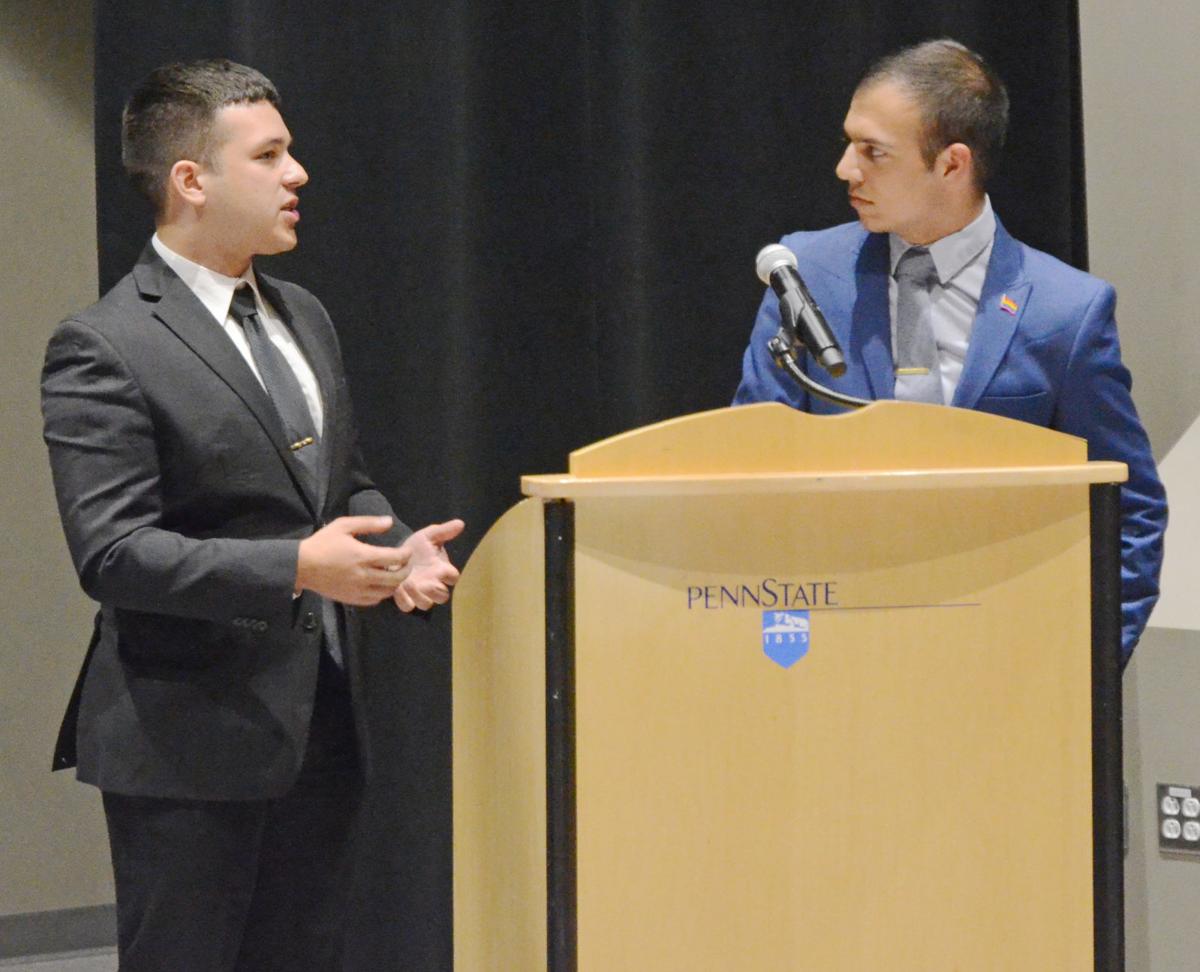
No issue hits closer to home for many college students than education.
Students from both major parties discussed how their candidate would reform the American education system.
“Luckily, both candidates do agree on one thing — there needs to be more of an investment in school infrastructure,” O’Neill Kennedy, communications chair for the College Democrats, said.
Hillary Clinton’s campaign website states she would expand on the Build America Bonds program, which was introduced by President Barack Obama to provide more funding to local governments.
The major contrast in the two candidates’ platforms comes from school choice, an ideal supported by Donald Trump and opposed by Clinton, Kennedy (sophomore-international politics) said.
Though Clinton did support charter schools in the past, she now believes they unfairly reject children, Kennedy said.
“Clinton would make it so there would be no public school a parent wouldn’t want to send their child to,” Kennedy said.
Clinton is also focused on eliminating overly harsh in-school punishments that disproportionately impact African-American students, Kennedy said.
According to the official website of the Democratic Party, Clinton’s plan for K-12 education is in accordance with the party’s viewpoints, as is her plan on higher education.
Kennedy said another thing the candidates agree on is the severity of the college debt crisis. She added the difference comes from how either plans to address it.
According to Clinton’s plan, by 2021, families earning up to $125,000 annually will be able to send their children to in-state public colleges and universities for no cost whatsoever, Kennedy said.
Until then, this will apply to families making up to $85,000 annually, Kennedy said.
Clinton also plans to offer all community college education for free, Kennedy said.
Concerning those currently in debt, Kennedy said Clinton will allow students to refinance loans and they won’t have to pay back more than 10 percent of their income.
Clinton’s plan will be made possible by limiting tax-expenditures for the wealthy, Kennedy said.
Trump disagrees with Clinton’s free college plan, Chris Baker, director of communications for We Are for Trump, said.
Baker (senior-political science) said Trump’s main focus is eliminating loans that come from the federal government. He added loans would rather come from private banks, independent student loan programs and more.
The Republican Party also supports this change, according to the party’s official website.
Baker said because almost anyone can get federal loans, the price of higher education is rising. He added by eliminating these loans, the cost of college would decrease.
Also in contrast with Clinton’s education reform plan, Trump would reprioritize federal dollars to put an additional $20 billion towards school choice, Baker said.
School choice allows parents to choose a school that best suits their child’s educational needs, Baker said. It will also create competition among schools, forcing them to make all around improvements, he said.
“We reject a one-size-fits-all approach to education and support a broad range of choices for parents and children at the state and local level,” according to the Grand Old Party’s official website.
Grace Morgan, secretary of the College Republicans, said Trump is also in opposition of Common Core, a set of learning goals students should complete by the end of each grade.
Common Core is one example of “one-size-fits-all” education, according to the GOP’s website.
Morgan (senior-political science and media studies) said she isn’t sure which plan she supports, but both seem to have pros and cons. She added a major con may be the feasibility of funding either plan.
[Source:-Daily Collegian]

